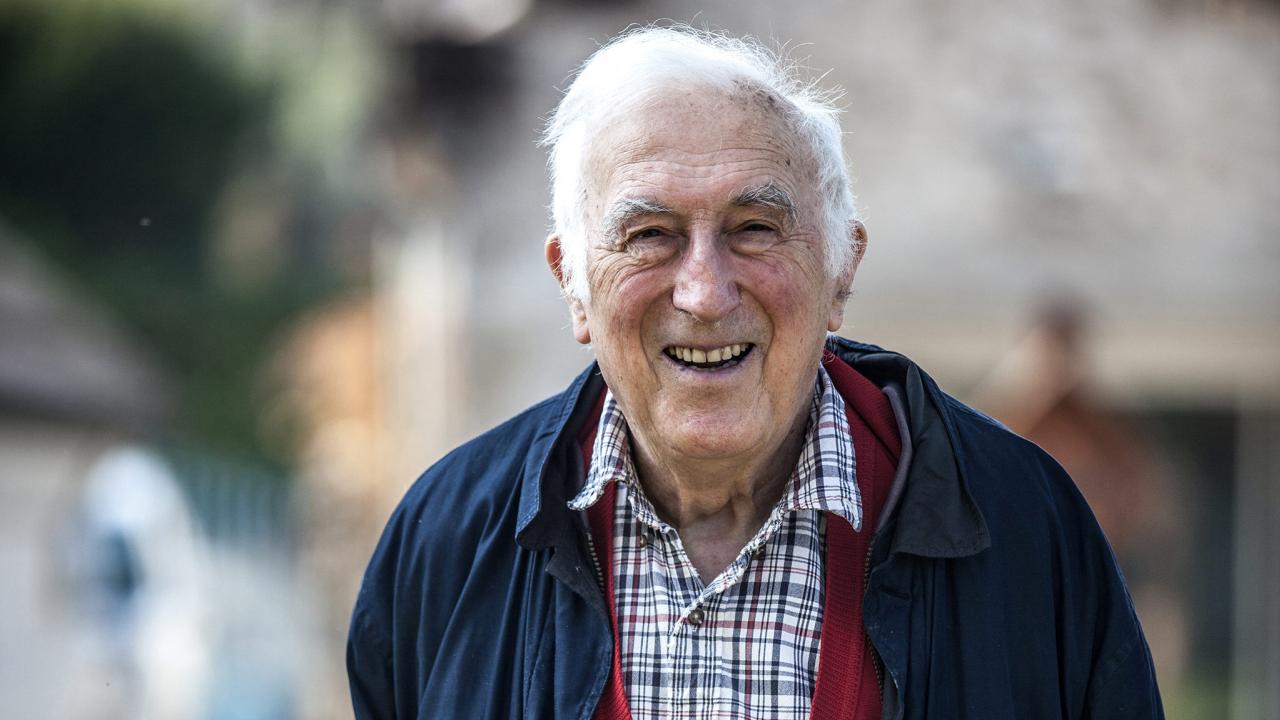
When I chose this title, I was thinking of this double meaning of being after the time of virtue and Aristotle as well as striving after or toward Virtue. But the question that came to me while thinking and discussing this play on words is if virtue is really after us. Is virtue taking place after us or is virtue pursuing our consciousness.
For my first counter thought, Virtue is something that is seemingly made by man and yet common to men. In an almost stoic way it seems like after the human virtue is attainable, through the death to self and a reliance on something other than human– becoming more than human is the only means to attain virtue. This having its roots in the more biblical and religious garden on my mind, the words of Paul, “My power is made perfect in weakness.” I understand that this train of thought moves outside of philosophy into a more theological approach but it is still something try as I might to avoid, the lives of the saints points to something more than human.
My second twist on the question takes into account a more Hegelian view of the Spirit working in the world through the rational consciousness of men in time. It could very well be that we are after the virtue of the past but the virtue is still being manifested in new and more dare I say ‘perfect’ ways as the World Spirit manifests itself more fully in cultures and States throughout the world. This in a way makes virtue something that moves and changes while the end goal never changes. It makes room for a changing virtue that while a phronimus is present in a time and a place, the course of history will continue to mold the phronimus in relation to previous ones. They will collectively grow on each other.


